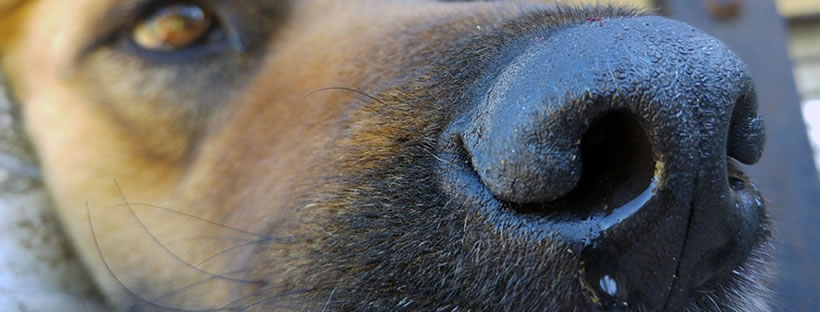 April is Pet First Aid Awareness Month
April is Pet First Aid Awareness Month
Pet First Aid Awareness Month falls during the early part of spring – what better time to talk about poisonous plants in the home and garden?
Pet first aid is similar to human first aid: giving basic care until help arrives and/or you can transport your pet to the hospital.
When a pet has been poisoned, identifying the source is very important. If you have a green thumb and your pet starts to drool excessively or shows other symptoms of poisoning (see below), you may want to check your home and yard for these dangerous plants.
Houseplants and garden plants can be deadly to pets
This graphic shows some common plants that can poison dogs and cats.

This is not a complete list of plants that can poison your pets.
Some of these plants only cause mild illness, but others, like lilies and tulips, can be extremely toxic. If any of these common plants are in or around your home, please keep them away from your pet.
Symptoms of poisoning in dogs & cats
Symptoms range from mild to life-threatening.
Some plants will cause excessive drooling or oral pain; others cause vomiting, diarrhea, or seizures. Other plants may cause mild gastric distress at first but can lead to widespread organ failure.
Since each plant shown here causes different symptoms, and because some plants are more dangerous to cats than to dogs (and vice versa), it’s best to contact your veterinarian as soon as you suspect your pet has eaten part of a dangerous plant.
How to help your pet
If your dog or cat does have access to any of these plants and begins showing signs of gastric distress (vomiting, excessive salivation, or diarrhea) or suddenly becomes lethargic, check the plants to see if they’ve recently been dug up or chewed upon. If it looks like your pet may have gotten into one of these plants, you should seek out professional veterinary help right away.
Animals who’ve ingested a poisonous plant can go from having minor stomach problems to critical organ failure in just a couple of hours. When in doubt, rush your pet to the emergency vet or call the ASPCA Animal Poison Control Center at (888) 426-4435 (a $65 fee may apply).
At the ASPCA site you can also find a comprehensive database of plants , foods, and household products that can poison dogs and cats, and more information about what to do if your pet ingests one of these substances.

